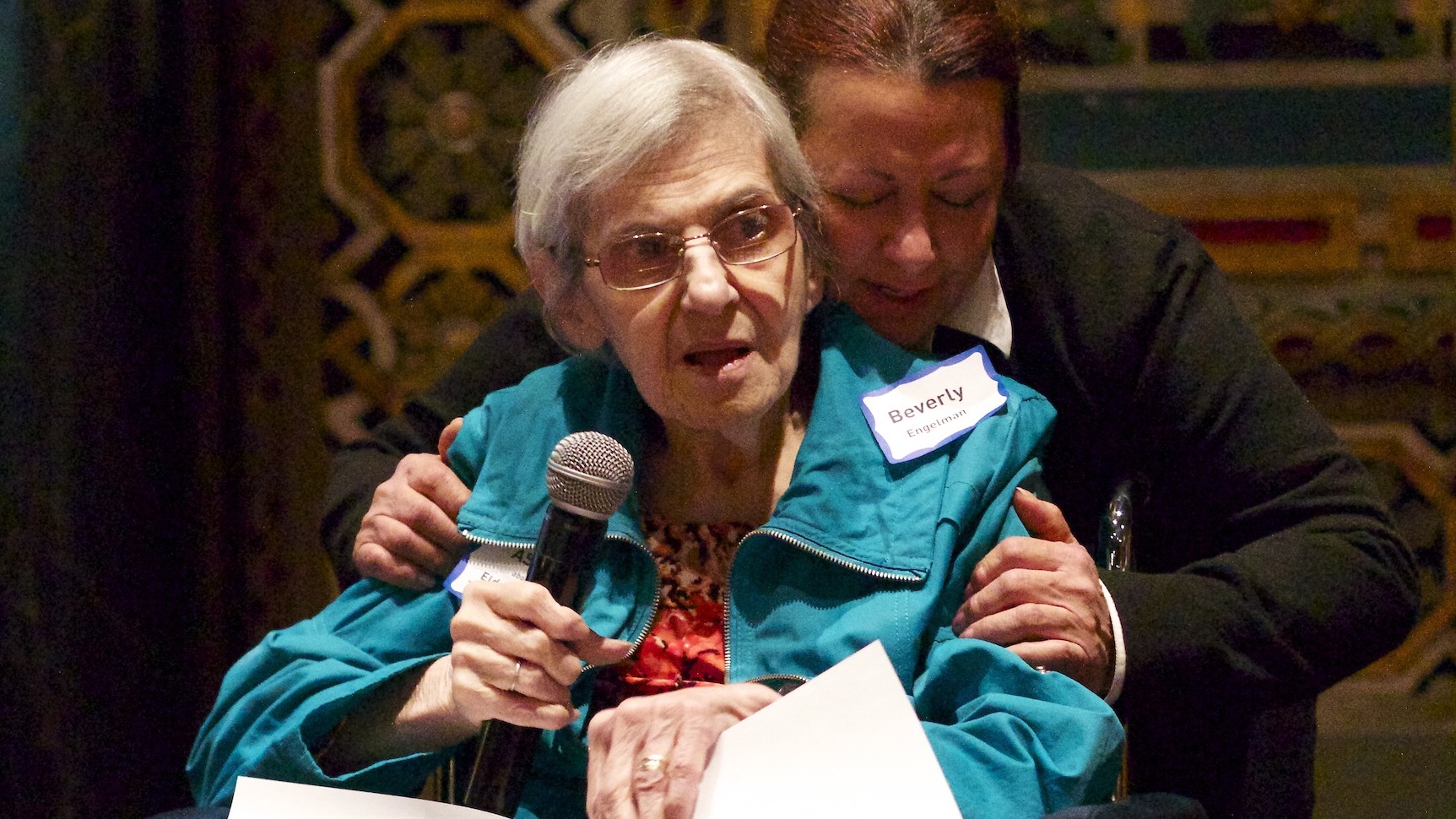We are proud to announce the launch of the CREATIVE CARE COUNCIL! LEARN MORE
We are proud to announce the launch of the CREATIVE CARE COUNCIL! LEARN MORE

What will it take to ensure that all of us can live and age with dignity and independence, in our homes and communities instead of institutions? How can we guarantee that the workers who care for us and our aging loved ones are treated with dignity and respect?
At Caring Across Generations, we believe that we can only answer these questions by bringing together everyone affected by issues of care — the aging seniors who require support, their families who support them, and the home care workers who do the important work of supporting these families.
This is why, in 2013 in New York City, we brought together a group of home care and domestic workers, family caregivers, and seniors to answer those two questions, as part of a pilot program that we called the Eldercare Dialogues.
Key organizations anchored these eleven dialogues, including: the National Domestic Workers Alliance, Jews for Racial and Economic Justice, three New York domestic worker organizations (Adhikaar, Damayan Migrant Workers Association, and Domestic Workers United), and one synagogue (B’nai Jeshurun) representing seniors and their family members.
Participants across the board described the dialogues as a powerful process, and an important first step in building the kind of movement we need to transform how we care in our country.
“…Once you get to know someone and you get to know their story, you get to know all the multidimensional aspects of an issue and how it’s all interconnected,” said NDWA organizer Yomara Velez of the Eldercare Dialogues. “It does sort of shift the way you think about organizing and the work that you do.”
B’Nai Jeshurun and JFREJ member Judith Felsenfeld agreed. “I think everybody should be very, very proud. It’s really breaking boundaries and it’s hugely important in a way I would have never understood it could be,” she said of the dialogues.
To celebrate the end of the pilot program, we released a report earlier this week that summarizes the year-and-a-half long process, and also includes a toolkit on how other communities can hold a similar series of Eldercare Dialogues. You can download the report here.